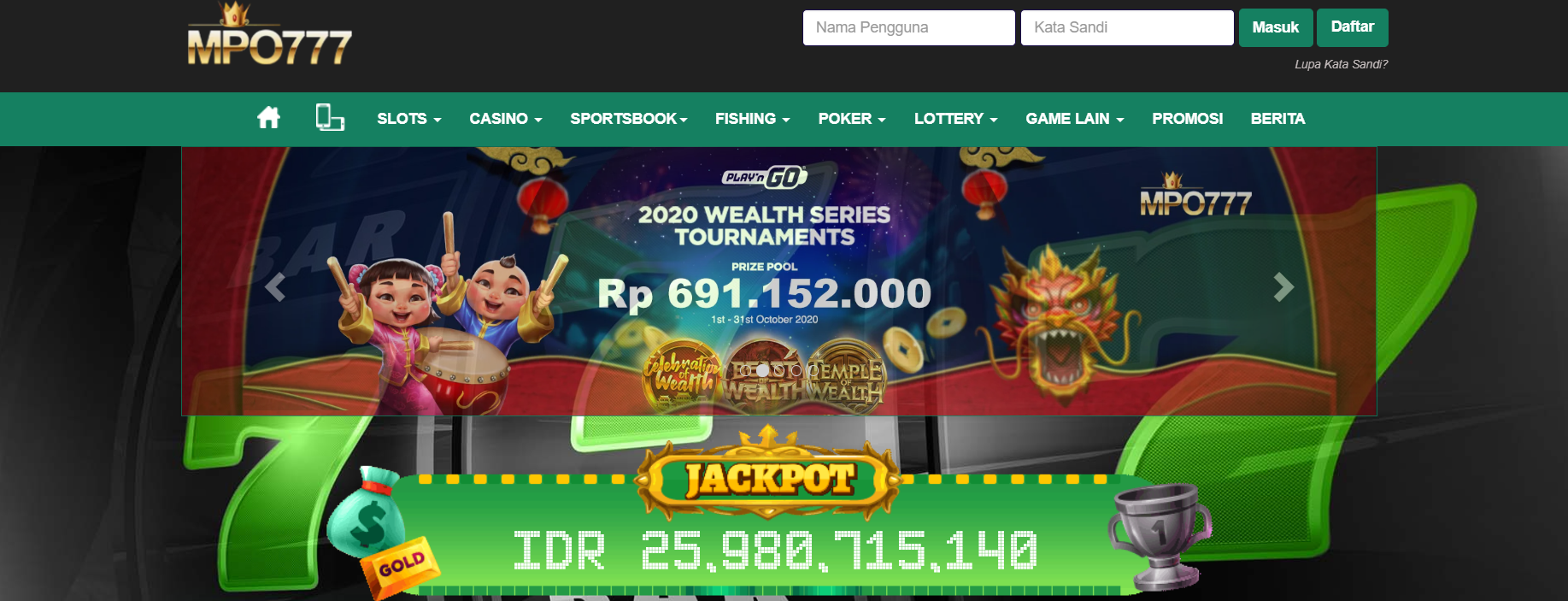In the landscape of human entertainment and leisure, Jeetbuzz register has evolved from a simple game of chance to a multifaceted industry influencing economies, cultures, and technologies worldwide. From ancient rituals to modern digital platforms, betting has morphed, reflecting broader societal changes and technological advancements. This article delves into the rich history of betting, its current dynamics, and its future prospects.
Historical Roots of Betting
Betting’s origins trace back to ancient civilizations where wagers were placed on everything from chariot races in Rome to religious ceremonies in Egypt. The Greeks and Romans laid the groundwork for organized betting, introducing formal structures and even early forms of odds-making. Over centuries, betting transitioned through medieval Europe, marked by the establishment of betting houses and the creation of formal betting markets.
The Birth of Modern Betting
The 18th and 19th centuries witnessed significant developments in betting with the advent of the lottery system and sports betting. The establishment of betting exchanges and the formalization of odds-making transformed betting into a more structured and regulated activity. The Betting Act of 1853 in the UK, for instance, was a key piece of legislation aimed at regulating the industry and curbing illegal betting activities.
The Digital Revolution
The late 20th and early 21st centuries brought a seismic shift with the rise of the internet. Online betting platforms emerged, democratizing access to betting opportunities and creating a global market. This digital revolution introduced features such as live betting, virtual sports, and in-play betting, allowing users to place bets in real-time and on a wider range of events than ever before.
Mobile technology further accelerated this trend. With smartphones and apps, betting became more accessible, enabling users to place bets from virtually anywhere. The integration of sophisticated algorithms and big data analytics enhanced betting strategies and personalized user experiences, offering insights and predictive tools that were previously unimaginable.
Betting and Society
The societal impact of betting is multifaceted. On one hand, it contributes significantly to economies through taxes, job creation, and investments in sports and entertainment industries. On the other hand, it raises concerns about gambling addiction and financial stability. Governments and organizations are increasingly focusing on responsible betting practices, implementing measures to ensure fair play and protect vulnerable individuals.
The Future of Betting
Looking ahead, the future of betting is poised for further innovation. Emerging technologies such as blockchain and cryptocurrency are beginning to reshape the betting landscape, offering increased transparency, security, and new forms of digital currency for transactions. Additionally, the integration of artificial intelligence is expected to enhance predictive analytics, offering even more precise odds and personalized betting experiences.
The expansion of esports betting and the growth of virtual sports betting reflect changing consumer interests and the increasing influence of digital entertainment. As these trends continue, the betting industry will likely see further diversification and specialization, catering to a wide range of interests and preferences.
Conclusion
Betting, with its rich history and dynamic evolution, remains a significant and evolving aspect of modern society. From its ancient roots to its digital transformation, betting continues to adapt and innovate, shaping and being shaped by broader societal trends and technological advancements. As we look to the future, it will be fascinating to see how betting continues to evolve, reflecting changes in technology, culture, and consumer behavior.
Whether for leisure, strategy, or economic engagement, betting holds a unique place in the tapestry of human activities, ever-changing yet persistently relevant in the global landscape.
